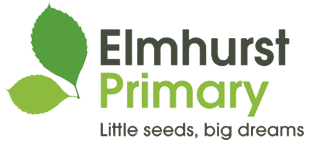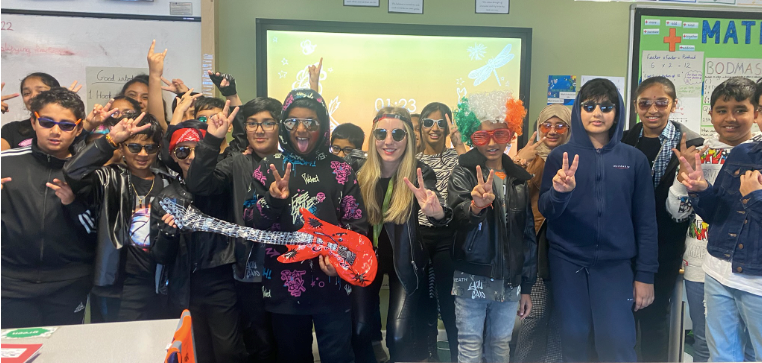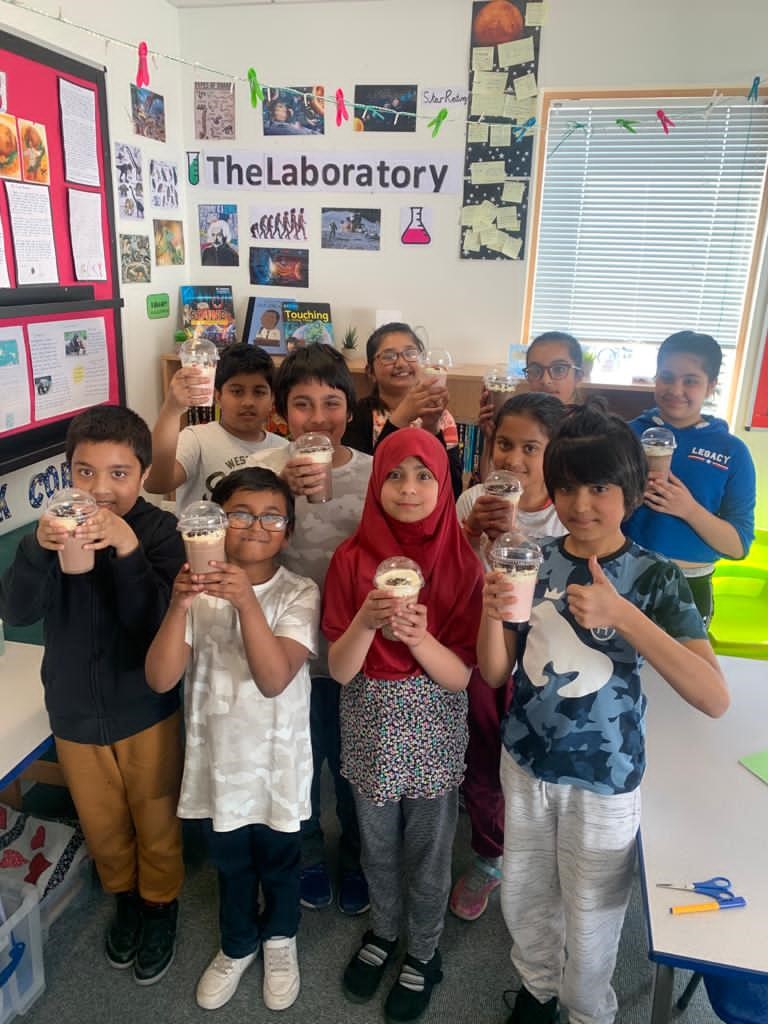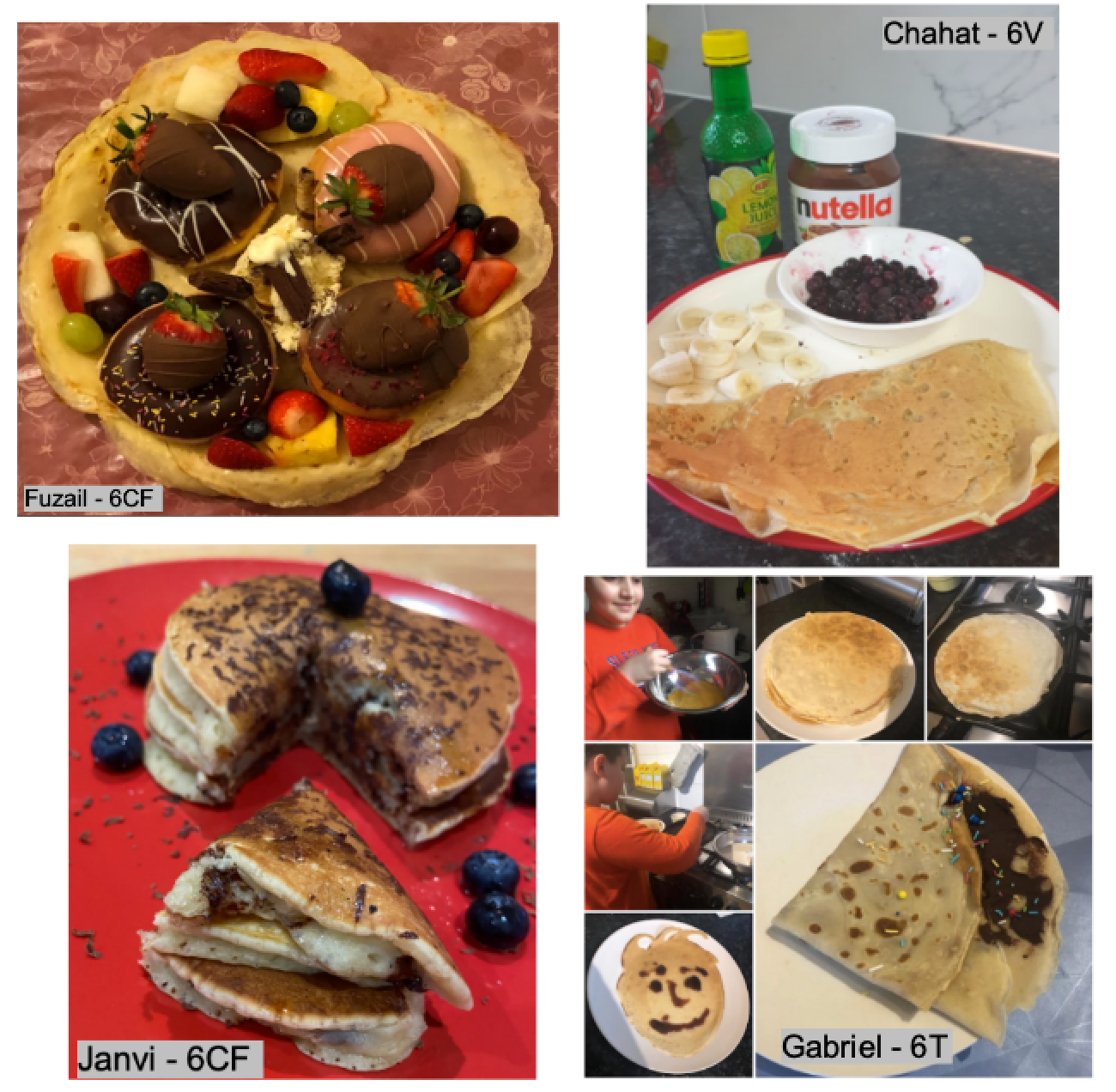Mathematics teaching at Elmhurst Primary School is based on the principles of Teaching for Mastery, which originally came from exchanges with teachers in Shanghai. Mastering maths means pupils of all ages acquiring a deep, long-term, secure and adaptable understanding of the subject. This is achieved using a range of pedagogical strategies, most notably small steps of learning and careful variation of representations and questions.
Research shows that children taught following a mastery approach have a much deeper and more connected understanding of mathematics and can not only carry out procedures, but understand and explain the maths underpinning them too. The approach is based on a large amount of research, some of the key articles can be found here: https://www.ncetm.org.uk/teaching-for-mastery/mastery-explained/supporting-research-evidence-and-argument/
Maths No Problem
As a school, we use the Maths No Problem scheme to deliver our curriculum. This is one of two schemes approved by the Department for Education to deliver a mastery approach, whilst covering the full National Curriculum. The teaching for mastery principles are embedded within the lessons, representations and questions. We train all new members of staff in using the scheme and provide ongoing training and support for existing teachers through CPD, team teaching and lesson visits.
The Maths No Problem scheme covers the full National Curriculum across years 1 to 6. The scheme splits the curriculum into a range of topics throughout the year and the lessons have a fixed structure which is designed to reflect the teaching for mastery pedagogy:
- Explore: an open anchor task to start the lesson where children explore a variety of methods to solve one problem
- Master : the selection of methods are brought together and teaching focuses on the key strategy or learning point for the lesson
- Guided Practice: questions for children to practice the strategy / key learning for the lesson with support from their peers and teacher
- Independent Practice: questions for children to answer independently in their maths books (or workbooks in KS1)
The documents below contain a whole year overview on the front and then a very detailed lesson-by-lesson break down of the whole year underneath. Most year groups would be following these completely apart from a few changes in individual topics such as fractions and decimals.
Arithmetic
As well as learning new content, children need to become fluent and efficient in their arithmetic skills. There is daily arithmetic practice built into maths lessons, the content of which has been carefully mapped to reflect the learning from the previous year that should then become automatic.
We are currently in the process of updating our arithmetic curriculum to include a clear progression of skills across the school. This will hopefully be ready to share before the end of the 23/24 academic year.
- last lesson
- last topic
- last term
- last year
The intention is that this will increase retrieval and will minimise the need to re-teach content. Each week, there will be dedicated time within maths lessons to teach an arithmetic skill and then throughout the week, a selection of questions to lead towards automatic recall.
Number Sense Maths
Children need to be fast and efficient with addition and subtraction calculations. They also need to be fluent in solving these questions with any required method. To support this, we have introduced the Number Sense Maths programme which is a systematic and structured approach to teaching early addition and subtraction skills. Just as early reading skills are taught with a structured phonics programme, so should early maths skills.
The programme includes stages such as adding 1, adding 0, making and breaking numbers to 10, addition and subtraction of numbers below 20 and then applying this to larger 2-digit numbers. Lessons follow a structure of some explicit teaching using an animation and also carefully designed practice questions for the children.
Some of the stages will be taught in Year 1, some in Year 2 and some will be used for revision at the start of Year 3.
Maths in Early Years Foundation Stage
In Nursery and Reception, children learn through a range of experiences such as dedicated teaching time, group work with the teacher and through play. In Nursery, the children learn about numbers under 5 and they really explore these in depth. By the time they move into reception, they continue this learning to include numbers up to ten. In reception, we are starting a new scheme this year to support the children to develop their number sense and fluency - Mastering Number. This has been developed by the NCETM and is already being used in many schools across the country with huge successes. More information about the scheme can be found here: https://www.ncetm.org.uk/maths-hubs-projects/mastering-number-at-reception-and-ks1/
By the end of year 4, children should be proficient in all of their times-tables up to 12x12. In the summer term, the children in year 4 sit the Multiplication Tables Check (MTC) to test their knowledge of times-table. To support the learning and continued practise of times-tables, we use Times Table Rockstars (TTRS). This is an online platform where children engage in a range of games to improve their speed and accuracy with times-tables.
Prior to learning their times-tables, children need to become proficient in their basic addition and subtraction skills. To support this, we use Numbots. This is linked to TTRS, but children compete this time to become faster and more efficient at their basic number bonds.
All children are encouraged to practise on the relevant game daily at home and weekly at school.
Resources:
- Home Learning Zone (explains all the methods): https://numbersensemaths.com/resources-for-tutors-and-parents/home-learning-zone
- At home resources (books for purchase): https://numbersensemaths.com/resources-for-tutors-and-parents
- Maths overview
- Fluency policy
- Calculation policy (addition)
- Calculation policy (subtraction)
- Calculation policy (multiplication)
- Calculation policy (division)
Latest News







